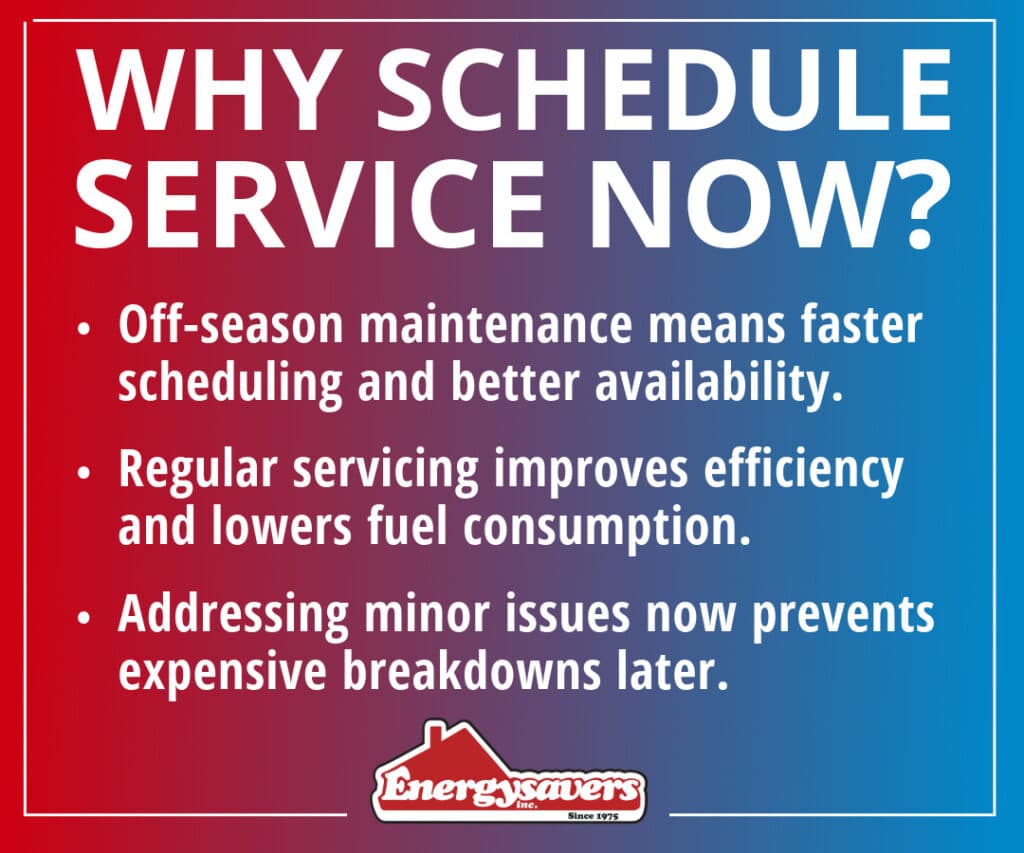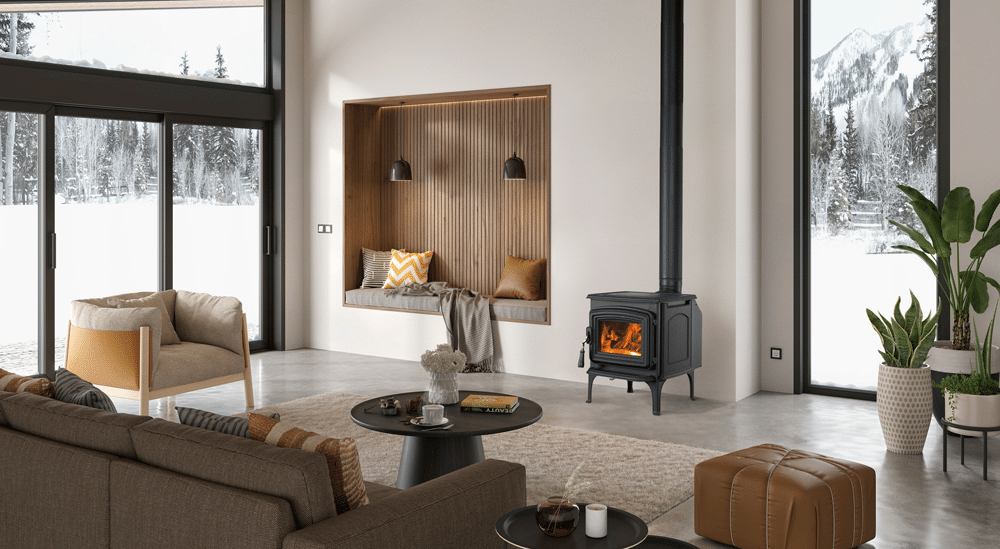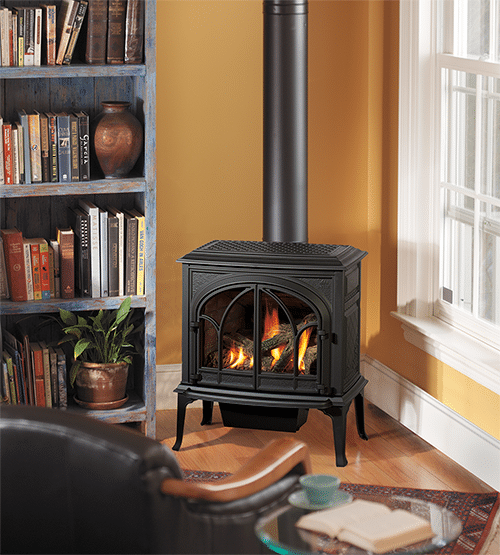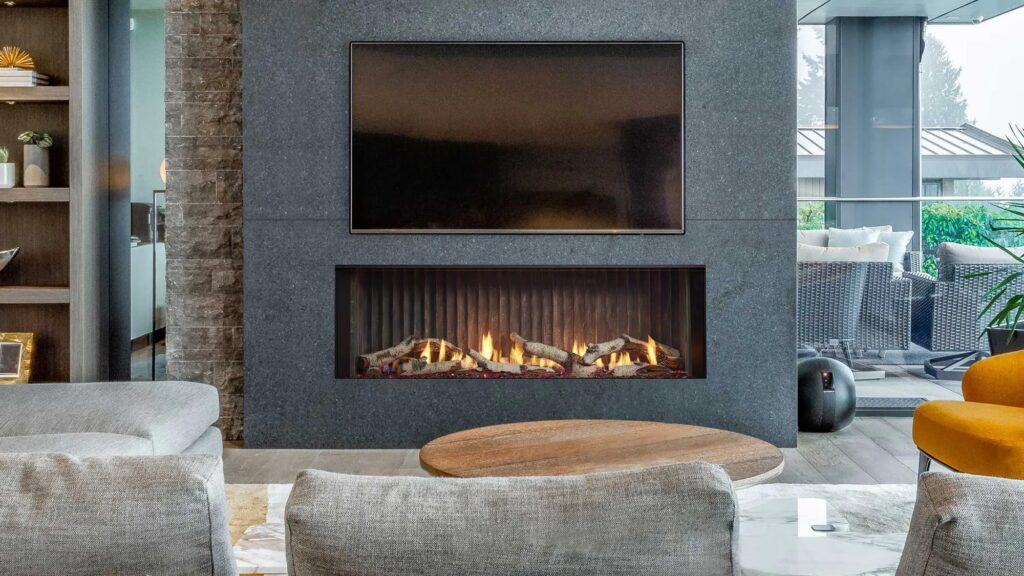Installing a Gas Line for Your Home Appliances
Having a direct gas line source installed in your home is incredibly useful, especially when it comes to your fireplace, stove, or outdoor grill setup. Most gas-powered appliances require the connection of a propane or alternative gas tank, which must be stored, replaced regularly, and disposed of properly.
If you use gas-fueled appliances like your grill often, then you are aware of how inconvenient and expensive it can be to use replaceable tanks. Likewise, installing a gas line to fireplace setup in your home, for example, can increase the convenience and efficiency of your fireplace by providing a direct, constant fuel source.
The same goes for gas line to stove and gas line to grill setups, as installing a dedicated natural gas line on your property to feed your desired appliances will not only save you money on fuel, but it will also make using your home appliances so much quicker and more seamless. Gone are the days of trying to start your grill for a BBQ and having no fuel; with a dedicated gas line, you can have instant access to the fuel you need to run your appliances.
Safety Standards and Regulations for Gas Line Installations
Like any major utility or resource work, operating on gas lines is incredibly hazardous and must be conducted by licensed, trained professionals who have the necessary permits and certifications for gas line installation and maintenance.
The standards and regulations surrounding gas lines vary by state, county, and even city, and the right professional gas line service provider will be well versed in your area’s home gas line installation standards and should be able to obtain all the permits required. After installation, the local authorities in charge of overseeing gas line and system safety will conduct a thorough inspection to ensure that the installation is successful with no errors or leaks.
As a homeowner, you should prepare alternative living arrangements for the duration of the gas line installation work, as the colorless gas could pose significant, and even fatal, health risks if accidentally exposed without wearing proper personal protective equipment.
Mapping Out and Installing a Gas Line
Before getting your home gas line installed, you need to be able to map it out and determine how many branch lines you require for different home appliances, where those appliances are located in proximity to the main supply source line, and how the lines are going to get there.
There are many different types of materials that can be used for piping during gas line installation, and the material you choose to go with ultimately depends on the type of environment you live in and where the gas lines will be running. Certain materials do better in hotter environments, while others do better in regions that reach colder temperatures.
The most common materials used for gas line piping include:
- Flexible corrugated stainless-steel tubing
- Galvanized steel
- Black iron
- PVC
- HPDE
- Copper
The different types of piping work best in certain climates and environments, and the professional gas line service provider you hire will know the best material for your job. Additionally, certain areas have specific regulations on what type of gas line piping can be used, which is another reason hiring a professional is necessary for gas line installation.
Benefits of Installing a Gas Line in Your Home
Installing a direct gas line in your home has many benefits. On a direct fuel cost basis, natural gas is consistently cheaper than propane across the United States. When breaking down the costs, natural gas would have to reach over $28 USD per 1,000 cubic feet in order for it to become the more expensive option compared to propane gas tanks.
Likewise, when you purchase propane gas tanks for your gas-fueled appliances, you also must cover the costs of the cannister or tank itself, the labor and materials to produce and package the tank, and other costs. With a gas line installed in your home, all you have to do is turn the gas flow on and start using your system almost instantly.
As with any other major utility or system in your home, natural gas lines require regular maintenance and inspections to ensure the safety of your home and neighborhood and to make sure that your line is operating at its best. When operating correctly, gas lines provide instant access to the fuel you need without running out.
Drawbacks of In-Home Gas Line Installation
Gas line installation is favored for its convenience and cost-saving capabilities, but there are still a few drawbacks to consider before you commit.
Natural gas lines pose significant risks when it comes to safety, as damage or leaks that are not visible to the naked eye or are concealed can occur – whether running underground or within walls and flooring – and these leaks can become serious or even fatal if left undiscovered and unrepaired. On a similar note, there is also the added potential that operators could accidentally leave the gas line running with no spark, essentially releasing all of the gas into the surrounding area.
In the event that damage or leaks occur on your installed gas line, all repairs must be handled by a licensed, experienced gas piping contractor, which can result in significant costs depending on the repairs needed.
Finally, having a gas line installed in your home is efficient and saves you a lot of time when operating your fireplace, grill, or other gas-powered appliance. However, if you install a dedicated gas line in your home, the appliances being connected must stay in that fixed location.
For example, if you have a gas line installed to fuel your outdoor grill, you cannot relocate your grill to a different area of your yard or deck without also relocating the gas line – which would require accessing the entire line system again.
Natural Gas is the Way to Go
If you are looking for the cheapest fuel source that is convenient and consistent, then installing a gas line in your home is the right decision for you. Although they have steep installation and startup costs, once they are established, the gas lines are reliable and convenient, and the fuel itself is significantly cheaper than alternative tank options.
Before you can determine whether an at-home gas line is the solution for your needs, contact a professional contractor that specializes in gas line installation.
About Energysavers, Inc.
Founded over 40 years ago, Energysavers is family-owned and operated out of Meredith, NH. We are proud to provide quality, dependable pellet stoves, wood stoves, fireplaces, hot tubs, saunas, outdoor grills, and more. Visit the store room and choose from the many models and sizes we have in stock and receive the best price and quality service. Call us today at (603) 279-7961 to visit our store or schedule a home inspection.
Let’s Get Started!
Our fully certified and award-winning technicians and installation teams will help you find the right product for your home. Reach out today to get started!




